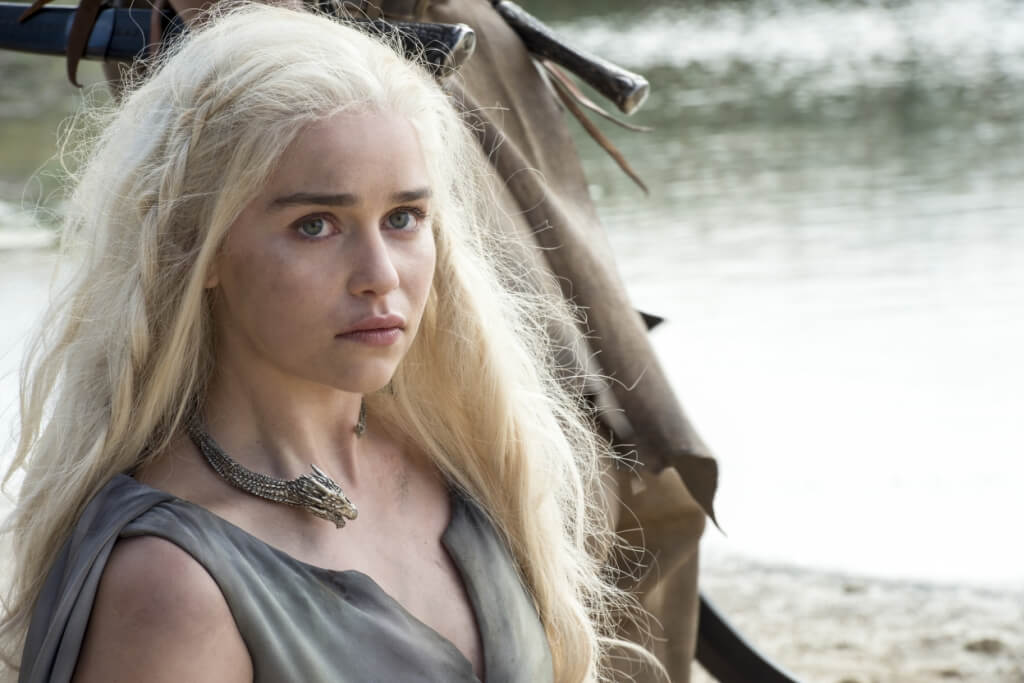Actor David Oyelowo Has Criticised ‘Game Of Thrones’ For Marginalising People Of Colour
The Selma star says there's "no excuse" for not featuring more characters of colour.

British Nigerian actor David Oyelowo has criticised Game of Thrones for its lack of ethnic diversity, saying there is “no excuse” for not featuring more people of colour in major roles.
In an interview with Radio Times, the Selma star accused the creators of the hit HBO program of putting non-white characters “on the margins”, and urged them to elevate characters of colour to more prominent positions in the story.
Kit Harington Says The Final Seasons Of ‘Game Of Thrones’ Will Be “Very Bleak”, For A Change
“For me, there is absolutely no excuse in a show like that why there aren’t more prominent characters of colour,” said Oyelowo.
The Radio Times piece points out that the show features a number of characters of colour in minor roles, such as Grey Worm, played by Jacob Anderson, and Missandei, played by Nathalie Emmanuel. But Oyelowo believes that pushing these characters to the background only highlights the lack of diversity on the show.
“You are interspersing people of colour into it,” said the actor. “So therefore it’s a conscious decision to put them on the margins, as opposed to put them front and centre.”
“Even if for whatever reason, it’s a world in which people of colour in those stories are subservient, or they are more in a helper role, that doesn’t mean they can’t have prominent storylines. All you have to do is shift the focus to focus on those characters.”
Game of Thrones has previously been criticised over its representation of ethnic minorities, particularly in relation to the ‘savage’ Dothraki, and the depiction of Daenarys as a white saviour.

Just going to leave this here.
Oyelowo also said that he’d like to see the title character in Doctor Who played by someone other than a white man. “I don’t think there is anything about that character that is rooted in white maleness,” he said. “There are going to be people who are going to resist, on the basis of tradition, but I think that’s absolutely a character where from a story point of view it doesn’t undercut the story in anyway. So yeah, I would be all for that.”